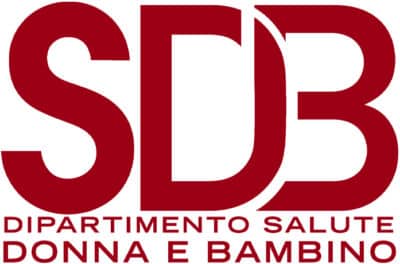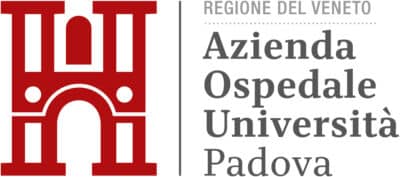

The Second-level Short Specialisation Degree in Paediatric Cardiology and Congenital Heart Diseases prepares medicine and surgery graduates with high expertise to the diagnosis and management of patients with congenital and complex heart diseases, with particular focus on clinical-instrumental management issues and surgical-interventional implications.
The Course deepens the theoretical and practical knowledge required to interpret congenital heart diseases and the hemodynamic consequences resulting from such lesions from gestational age to adulthood. It also trains attendees on how to perform an echocardiographic exam in complex patients autonomously, and how to integrate the data resulting from advanced imaging techniques (CMR and CCT), by learning their indications, advantages, limits and contraindications.
Based on this multimodality approach, the Master ensures a high-level preparation to perform differential diagnosis.
The course units of the Second-level Short Specialisation Degree in Paediatric Cardiology and Congenital Heart Diseases help students acquire in-depth knowledge on clinical, echocardiographic and multi-modality imaging paths for congenital heart diseases from the gestational age to adulthood. It also provides advanced knowledge on echocardiography (3D and speckle tracking) and other imaging techniques (MRI, CT scans, catheterization).
The Second-level Short Specialisation Degree in Paediatric Cardiology and Congenital Heart Diseases is addressed to paediatric, cardiology, gynaecology and obstetrics, radiology specialists, and, in general, to medicine and surgery graduates.
Through the knowledge acquired in the Master’s Course, attendees will acquire suitable competencies to be placed in Level 3 hubs or spoke centres, and to become expert interlocutors in this specific sub-speciality within the hub. Also, attendees can acquire the competencies required to work in an outpatient clinic where cardiology screening for paediatric and congenital heart disease patients is carried out.
The Second-level Short Specialisation Degree in Paediatric Cardiology and Congenital Heart Diseases provides training on:
CARDIOLOGY
- Congenital heart diseases, morphological aspects, clinical and echocardiographic diagnosis, advanced echocardiography (3D, strain, fluid-dynamic)
- Paediatric and congenital heart disease hemodynamic (1 and 2)
- Clinical and therapeutic management of congenital heart diseases in paediatric patients
- Cardiac surgery of congenital heart diseases
- Ventricular assist and heart transplant in congenital heart diseases
- New frontiers of interventional hemodynamic in structural heart diseases
- Congenital heart diseases in paediatric patients – psychological aspects and family support
- Medical evaluation of children with congenital heart disease
PAEDIATRICS
- Foetal cardiology
- Congenital heart diseases in paediatric patients – psychological aspects and family support
- Medical evaluation of children with congenital heart disease
- Neurological evaluation of children with congenital heart disease
- Infectious picture in children with congenital heart diseases
- Paediatric and congenital heart disease arrhythmia
- Advanced imaging (cardiotac)
DIAGNOSTIC IMAGING
- Cardiac MRI
The general ranking of merit will be published on the Italian page of this Master according to the timing provided in the Call.
Information
FAQ
The Master’s Course requires a commitment of three days every month for 10 months, with customizable attendance based on the attendee’s needs. Moreover, once a week, for the entire course duration, there will be a specific lesson on congenital heart diseases, and the option of taking part in multidisciplinary collegial debates on the main clinical cases of the week. Also, all attendees will have the chance to take part in all educational activities organized by the UOC of Paediatric Cardiology of Padua, free of charge or for a discounted fee.
There will be a project work on which the final Master’s dissertation will be based.
The Master’s Course will end with the discussion of the dissertation in class and a final evaluation. To be able to discuss the dissertation, attendees are required to attend at least 7 out of the 10 weeks of lessons.
The interview will take place on October 10th starting at 10:00 a.m. online via Zoom.

